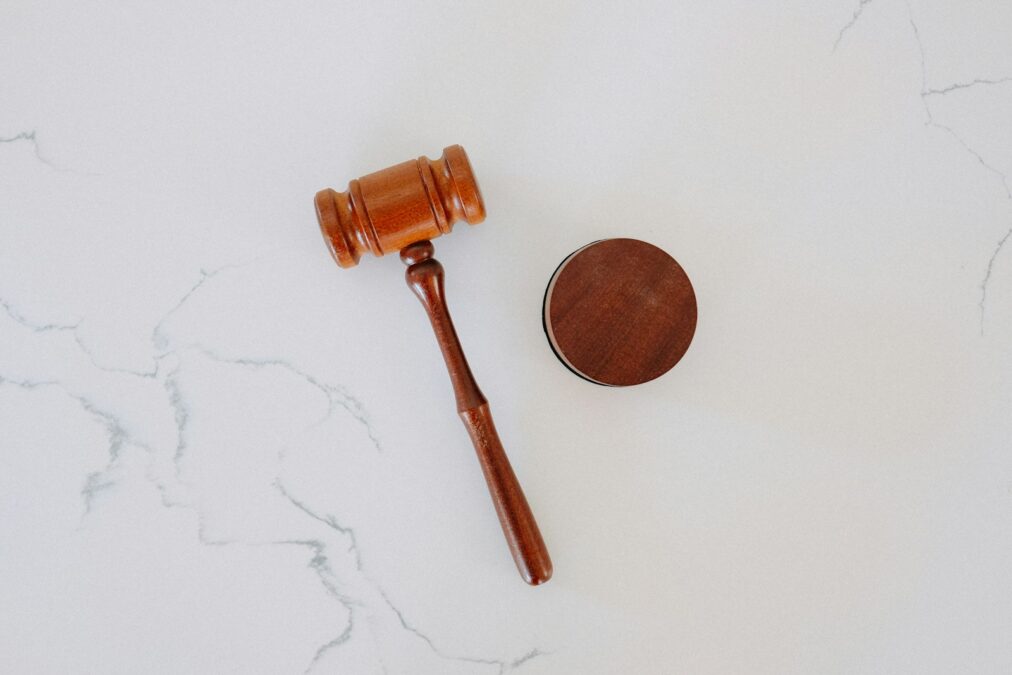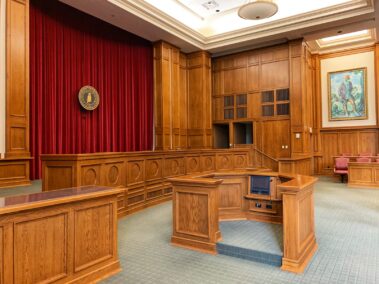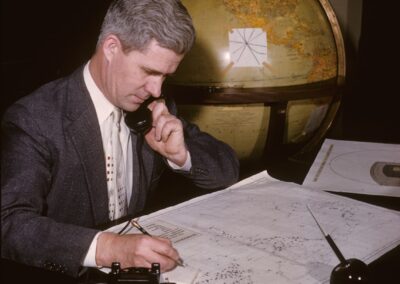Striking a Balance Between Creativity and Copyright
The Role of Fair Use in Copyright Law
The concept of fair use is a cornerstone of copyright law, providing a framework for balancing the rights of creators with public interests in accessing and utilizing copyrighted works. In essence, fair use allows for the limited use of copyrighted material without the need for permission from the copyright owner, under certain circumstances. This legal doctrine acknowledges the importance of fostering creativity, innovation, and free expression while ensuring that copyright protection does not stifle the dissemination of knowledge, ideas, and culture.
One of the key principles of fair use is its flexible and context-dependent nature, allowing courts to assess each case on its individual merits and consider factors such as the purpose and character of the use, the nature of the copyrighted work, the amount and substantiality of the portion used, and the effect of the use on the potential market for the original work. This holistic approach enables courts to strike a balance between protecting the rights of creators and promoting the public interest in access to information, education, and cultural heritage.
Furthermore, fair use serves as a crucial mechanism for fostering creativity and innovation by allowing for transformative uses of copyrighted material, such as parody, criticism, commentary, education, and research. By providing a legal framework for these types of uses, fair use encourages the creation of new works that build upon existing cultural artifacts, enriching the public domain and advancing the progress of science and the arts.
Applying Fair Use in the Digital Age
In the digital age, the application of fair use has become increasingly complex and nuanced, as technological advancements have expanded the ways in which copyrighted material can be accessed, shared, and repurposed. The proliferation of digital content platforms, social media networks, and online publishing tools has democratized the creation and dissemination of content, blurring the lines between creators and consumers, and challenging traditional notions of copyright ownership and control.
As such, courts and policymakers must grapple with new questions and considerations related to fair use in the digital landscape, such as the impact of automated content filtering algorithms, the rise of user-generated content platforms, and the proliferation of digital remix culture. While technological innovation has presented challenges for copyright enforcement, it has also created opportunities for creators to reach broader audiences and engage with their work in new and innovative ways.
Moreover, fair use plays a critical role in promoting access to knowledge and information in the digital age, particularly in fields such as education, research, and journalism. By enabling the use of copyrighted material for purposes such as criticism, commentary, and scholarship, fair use ensures that society can benefit from the free exchange of ideas and the advancement of knowledge, without unduly restricting the dissemination of information or impeding the progress of science and culture.
Conclusion: Navigating the Complexities of Fair Use
As copyright law continues to evolve in response to technological advancements and changing societal norms, the legal doctrine of fair use remains a vital tool for balancing the interests of creators, consumers, and the public at large. By providing a flexible and adaptable framework for assessing the permissible uses of copyrighted material, fair use ensures that copyright protection serves its intended purpose of promoting creativity and innovation, while also safeguarding public access to knowledge, culture, and expression.
In conclusion, the concept of fair use embodies the delicate balance between the rights of creators and the public interest in accessing and utilizing copyrighted works. As businesses, educators, and content creators navigate the complexities of copyright law in the digital age, it is essential to understand and respect the principles of fair use, ensuring that copyright protection remains a force for promoting creativity, innovation, and the free exchange of ideas in society.
—
#LegalDoctrineFairUse #CopyrightLaw #SaudiArabia #UAE #Riyadh #Dubai #PublicInterests #Creativity #IntellectualProperty #DigitalContent #Technology























